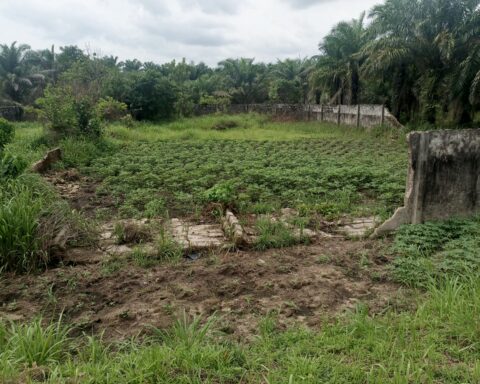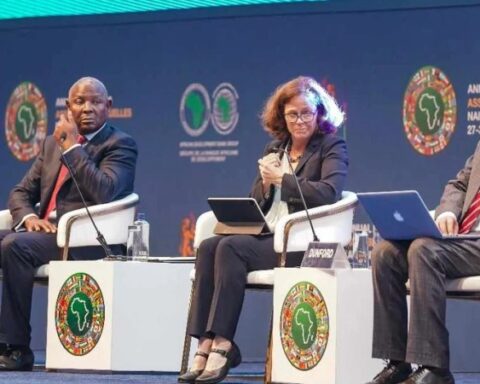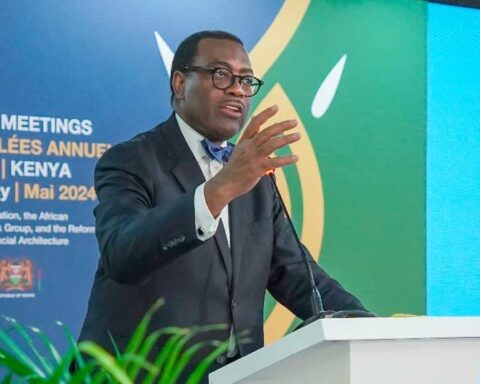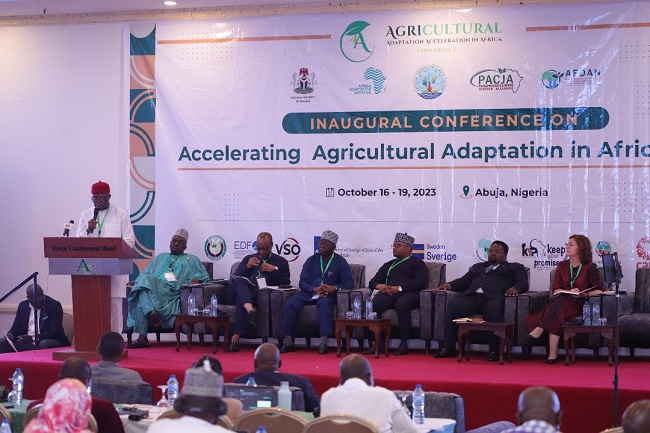The African Development Bank (AfDB) Group has granted funding of $13.15 million to Burundi.
The bank, in a statement on its website, said that the fund would help the country implement phase one of its “Water Sector and Climate Resilience Building Support Programme”.
It said the funding came from the Transition Support Facility, one of the bank’s funding mechanisms aimed at building stability in countries in transition.
According to the statement, the Burundian government is providing counterpart funding of $1.75 million, with the Global Centre on Adaptation (GCA) contributing $170,947 million.
It said the project, aimed at strengthening Burundi’s resilience, was the result of close collaboration between the AfDB Group and the GCA.
It said the project was an effective response to strengthening Burundi’s resilience in light of the effects of climate change.
The statement further said it would help to improve the socio-economic living conditions of rural populations in several provinces.
According to the statement, the project is scheduled to be launched in January 2024 and marks the bank’s return to the water sector in Burundi.
Meanwhile, the Burundian Minister of Water, Energy and Mines, Ibrahim Uwizeye, said the country’s water sector had been neglected by partners for a long time while needs had increased.
According to the minister, this support from the bank had been long awaited.
He said the project would not only tackle the people’s challenges, but it had the potential to stimulate more investments and commitments in the water sector by other partners.
“The project will help create 18 latest-generation water supply systems powered by sustainable energy sources and raise awareness among over 315,000 inhabitants.
“It will support the development of climate-resilient drinking water supplies and sanitation investment projects in the provinces of Gitega, Mwaro and Kayanza.
“As well as an investment plan with the technical, environmental and social impact studies needed to research a possible phase II of the programme,” he said.
Uwizeye said the project would benefit over 1.27 million people, 50 per cent of them women.
He said it would ensure easier access to secure, climate-resilient drinking water, sustainable sanitation and hygiene services.
Similarly, Pascal Yembiline, the AfDB’s Country Manager in Burundi, said the bank was excited by the prospect of working alongside the Burundian government.
He said the bank was happy to support the country’s ongoing efforts to create the conditions for a better quality of life and economic development opportunities for all.
“And we will spare no efforts to achieve this,” he added.
By Eniola Elewude








